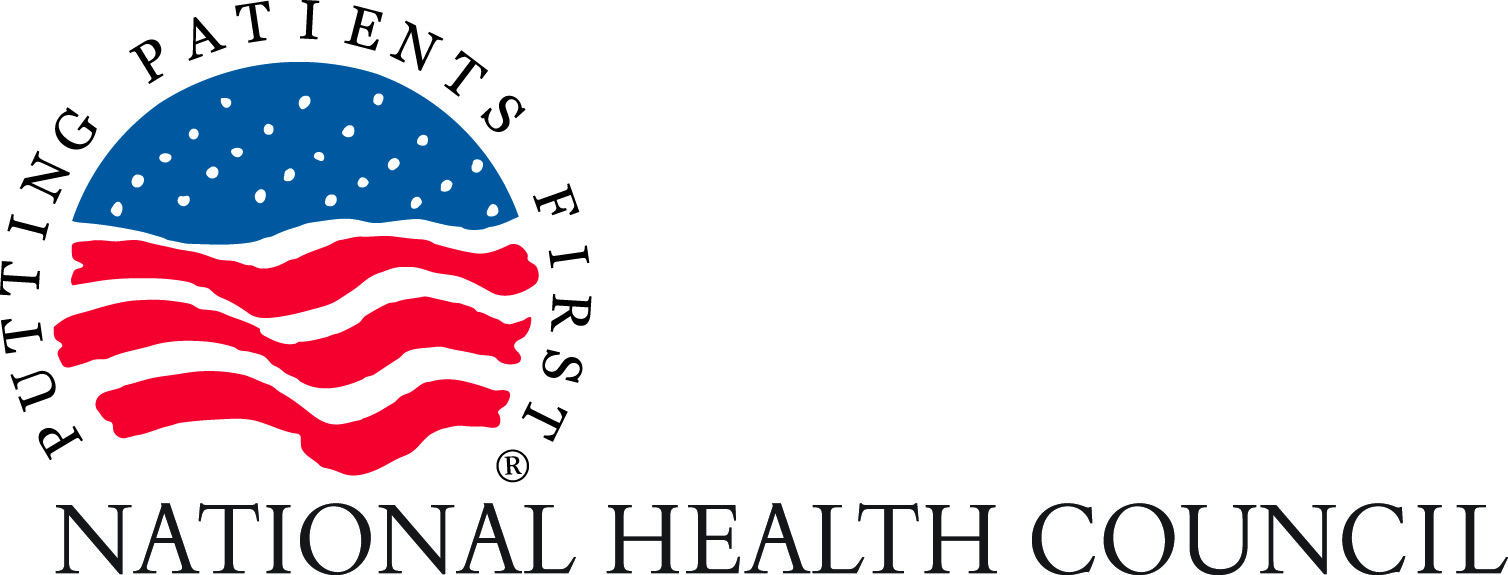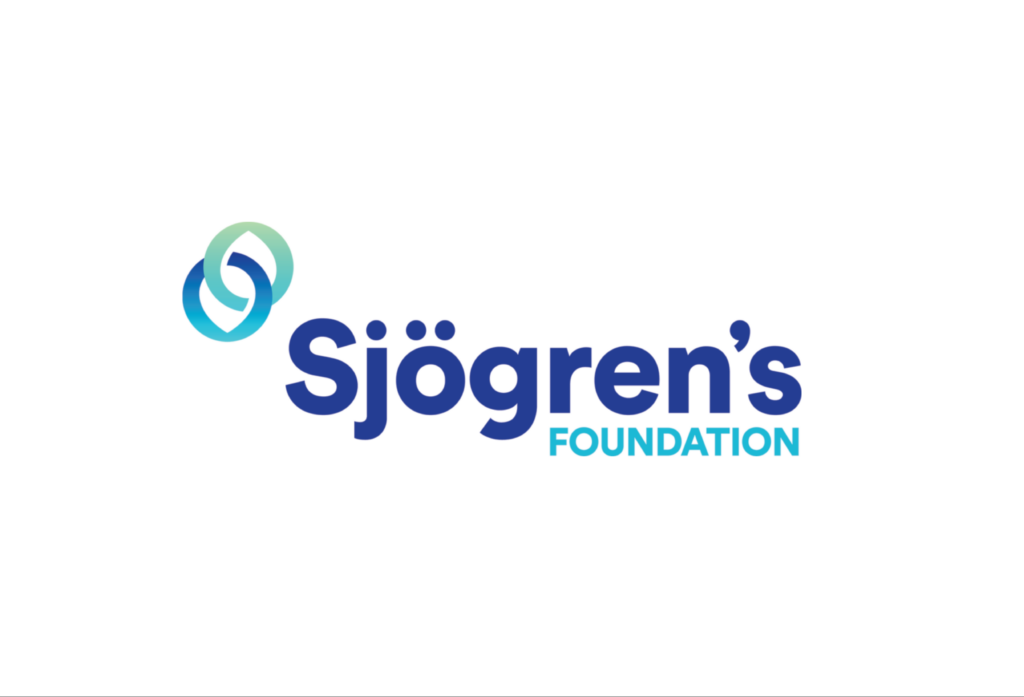

NHC Comments on Most Favored Nation (MFN) Model Interim Final Rule
By Maddie Mason, Senior Associate, Policy
In November 2020, the Trump Administration introduced the Most Favored Nation (MFN) Model Interim Final Rule with Comment Period (IFC). Comments were due January 26, 2021, but the rule was set to go into place on January 1, 2021. However, court challenges have resulted in a hold on implementation. How the Biden Administration will proceed on this rule is currently unknown. Although the status of the MFN IFC remains unclear, the National Health Council (NHC) submitted comments to the Centers for Medicare and Medicaid Services’ (CMS’) Acting Administrator, Liz Richter. Given that the Biden Administration may look to implement this or a similar proposal and many in Congress have previously supported legislation with similar features, the NHC wanted to communicate our support for addressing drug prices but also articulate our overarching and specific concern with the MFN model.
The NHC wants to ensure that if this rule is implemented that Medicare beneficiaries with chronic diseases and disabilities would still have the appropriate access to the therapies that best fit their health care needs. Like CMS, the NHC is concerned about the financial burden drug prices bestow upon patients and the financial health of the Medicare program, but we strongly opposes any policy that could potentially negatively impact the health care of those with chronic conditions. The NHC is gravely concerned that the MFN IFC creates the opportunity for CMS to define value without the input of US patients and their needs, perceptions, or preferences.
The NHC worries that the MFN IFC would encourage CMS to incorporate the needs of patients in other countries without taking into account the differences of the needs of patients in the U.S., likely resulting in negative impacts on access to needed treatment. Furthermore, the MFN IFC offers no opportunity for patients or the patient community to provide feedback and input prior to implementation, thus the extent of these consequences remains unclear.
In order to ensure that the views of patients are prioritized and at the forefront of all CMS activities, the NHC urged CMS to consider the following perspectives regarding the MFN IFC:
- Pricing frameworks must be informed by the perspective of the patients they impact. Instead, the MFN Model outsources this function and relies on non-U.S.– based determination values.
- The MFN Model could introduce significant financial pressure on providers with the potential for negative impacts on patient access to treatments and choice of provider.
- CMS’ decision to finalize the model as an IFC and test the model at a national scale creates significant risk for patients due to lack of patient and stakeholder input and a flawed and unvetted model methodology.
The NHC urges CMS to avoid widescale implementation of any model before strong data is made available that ensures it will provide value to both patients and the overall Medicare program. To learn more about the NHC’s position on the MFN IFC and our full recommendations, please read our letter.



